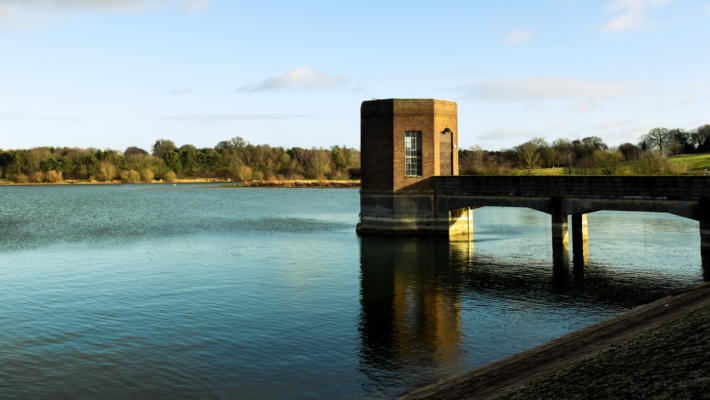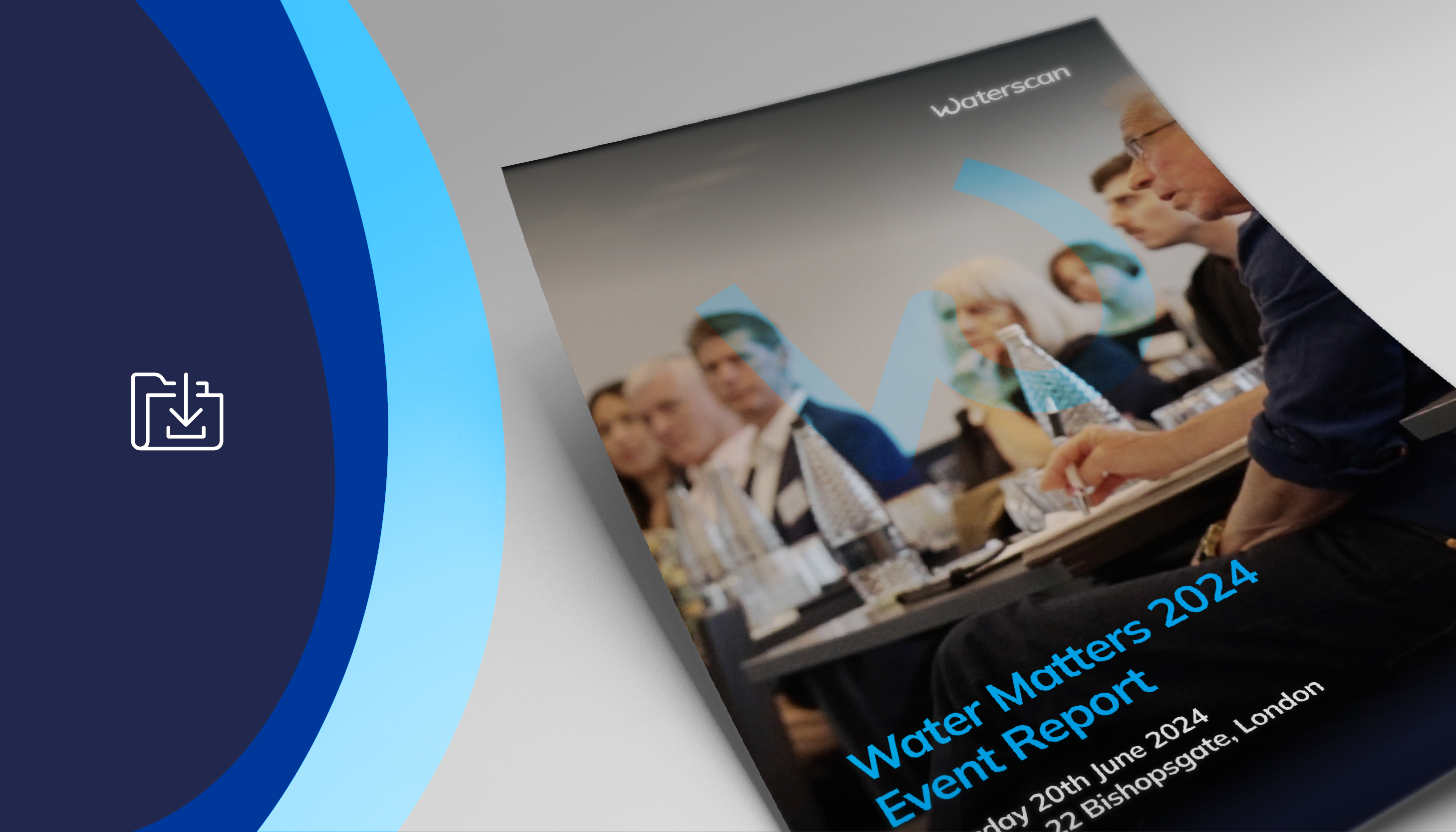The Strategic Panel is getting tough on getting smart.
The independent Strategic Panel’s role is to ‘promote, challenge, and lead the operation and the evolution of the water market for the benefit of current and future non-household customers’, turning the strategic direction set by Ofwat and Defra into prioritised programmes of work and outcomes. Chaired by Trisha McAuley OBE, the Panel is well respected and well placed to guide the market in the right direction.
And so it is extremely encouraging to see the Panel taking ownership of the urgent need to transform metering and data availability across the market, with the publication of an Interim National Metering Strategy for the non-household market. It comes in response to water companies’ draft Water Resources Management Plans, which the Panel determined had not gone nearly far enough in demonstrating how water companies will balance supply and demand for water over the next 25 years, nor how they will achieve government targets to reduce consumption across the Non-Household Market by 9% by 2038, and 15% by 2050.
With this publication, the Panel is shining a spotlight on the role that the business community (which uses around one third of our potable water resources) can play in achieving a water-secure future. It also spells out that the key to unlocking this potential is access to timely, accurate, granular consumption data – access to which could be transformed by an accelerated rollout of smart metering.
It’s worth noting that currently, just 5% of non-household water meters are ‘smart’ or have a smart logger attached, even though some 82% of customers are supportive of the idea, according to research conducted by the Consumer Council for Water.
Neil Pendle, Waterscan’s Managing Director, says, “Smart meter rollout presents a real opportunity to make a step change in delivering the water efficiency goals set out by Defra and for more meaningful engagement with customers across the non-household market. Furthermore, it could also help to deliver net zero and improved environmental outcomes beyond this market: if we can make an impact with businesses, this is easily transferable to the domestic market. However, smart metering shouldn’t be regarded as a magic bullet. As we have demonstrated many times since market opening, investing in manual meter reading is an essential first step and not an optional one.”
The Panel suggests two possible roadmaps to accelerate smart metering. Its first (and recommended) option is that water companies rollout smart metering to all business customers.
The alternative is that they focus on companies with medium (25-50mm) and large (>50mm) meters while also delivering meter reading improvements. This is because medium and large meters account for 72% of total water consumption in the non-household market, even though they comprise just 13% of the total number of meters.
Reviewing the options, Barry Millar, Waterscan’s Operations Director, comments, “I am fully supportive of blanket smart metering, though recognising the need for immediate change, progressing the 165,000 medium and large meters within the market makes logical sense. However, this route is unlikely to realise the greatest reduction in water demand, because the largest water users are seldom those with the most wastage. In fact, quite the opposite – these customers are the ones that are often most engaged and have implemented tight leakage control processes.”
He also touches on roles and responsibilities for meter reading, highlighting the important role that retailers play in validating data before it is uploaded to the Central Market Operating System to avoid billing errors. He explains, “Where I diverge from the Interim Strategy’s approach is that I do not support a return to Wholesaler direct delivered meter reading. There is an effective, competitive market in place for the delivery of these services. A reversion to Wholesaler responsibility would suggest that a retailer-led solution is not possible, and this is clearly not the case given that Waterscan consistently achieves a market performance score of over 99%.”
If your water company isn’t committing to providing you with a smart meter in the foreseeable future, this does not mean that you cannot access timely granular water data because all Waterscan customers benefit from unrivalled actionable data insight and the ability to manage their water use effectively. Call us to explore how to accelerate progress on your company’s water journey.




